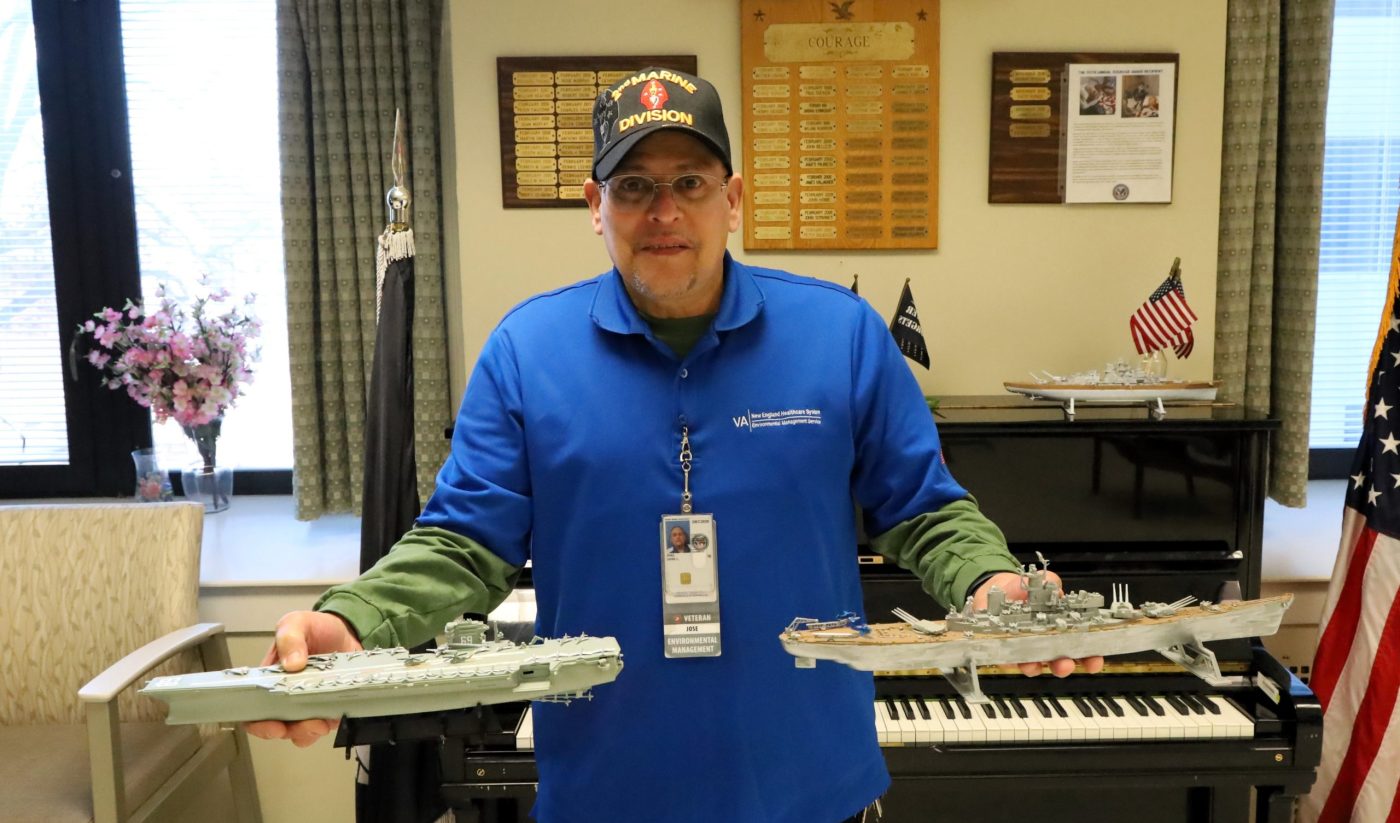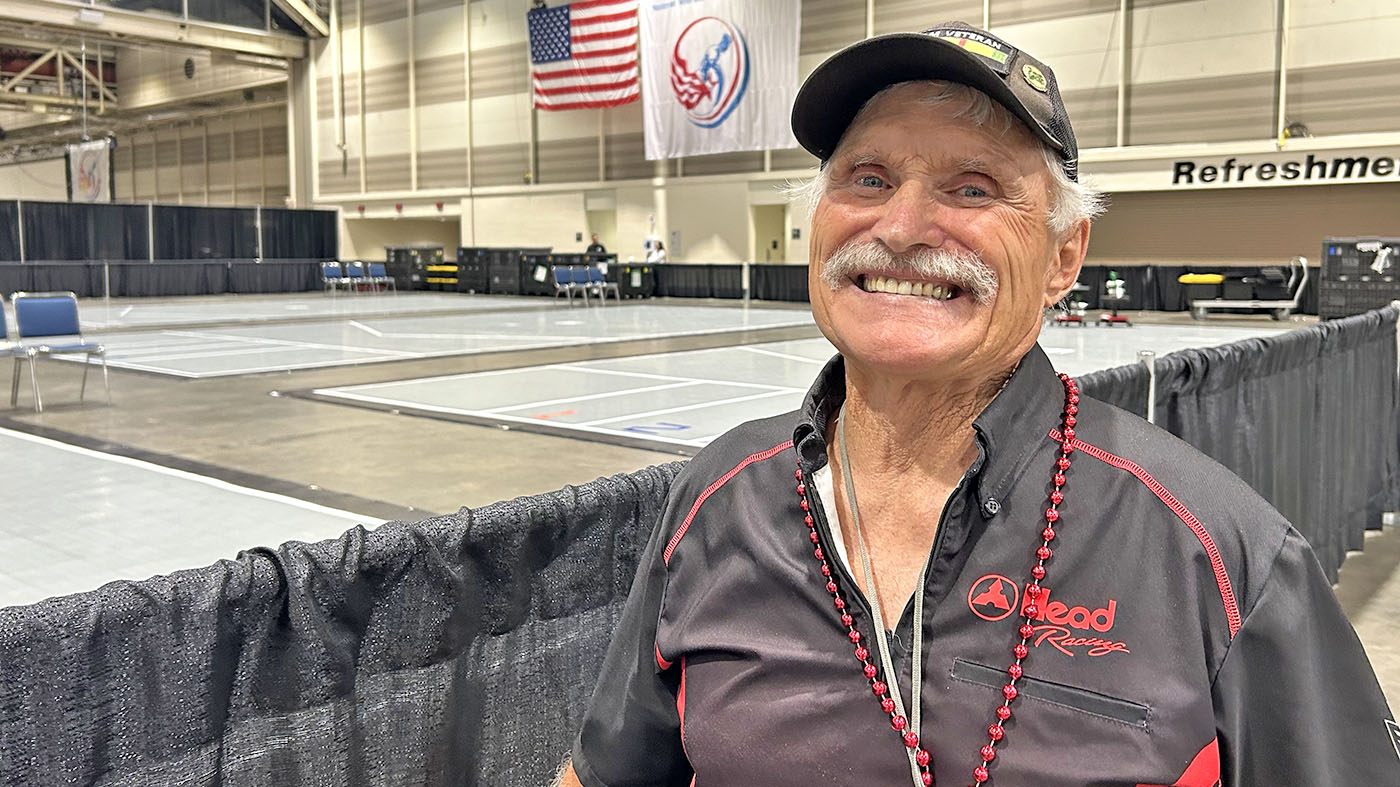This is about moral injury… and suicide.
Starting at a young age, we learn about right and wrong. Our life experiences, education, and environment help us to develop a moral code, or a set of deeply held beliefs and expectations.
When we experience potentially morally injurious events, our moral code is violated either by our own or other peoples’ actions or inactions. These experiences tend to result in painful emotions (shame, guilt, contempt, anger, disgust) and cognitions (“I am a monster”).
When individuals engage in efforts to try to avoid or control these painful emotions and cognitions, social, psychological and spiritual suffering can result. We describe that as moral injury.
Veterans’ moral injury from combat experiences
Service members and Veterans can experience moral injury as a result of their experiences in combat.
Experiencing a potentially morally injurious event may result in severe distress or functional impairment. Recent research suggests exposure to potentially morally injurious events is a risk factor for suicidal ideation and behavior among Veterans and military personnel.
Some common experiences associated with moral injury include:
- Isolation in relationships
- Getting caught up in stories about oneself or others related to these morally injurious events
- Engaging in behaviors to try to get rid of painful and moral emotions (such as drinking)
- Disconnecting from spirituality
- Not keeping up with self-care
Understanding the injury
VA researcher Lauren Borges is a suicide prevention expert. She strives to understand more about the link between suicide prevention and moral injury.
She often uses chain analysis, a technique designed to help understand the function of a particular behavior. It explains that successfully identifying and treating moral injury can help prevent suicide among Veterans.
However, treating this type of injury comes with a unique set of obstacles and challenges. An influx of recent research helps providers identify moral injury. Still, patients are often reluctant to share their true feelings due to concerns around feeling judged or even ashamed.
“In a qualitative study we found that moral injury was often not discussed in treatment. A key component of our approach to therapeutic risk management of suicidal behavior involves the application of chain analysis to understand the function of suicidal behavior.
“If suicidal behavior is functioning to avoid or control painful moral emotions, such as shame, guilt, contempt, anger and disgust, we will often assess exposure to potentially morally injurious events to determine if this is influencing the Veteran’s suicidal behavior.”
VA supports providers treating Veterans at risk
Borges is a consultant and lecturer for the Suicide Risk Management Consultation Program (SRM). This month, she will present how clinicians and health care teams can conceptualize and effectively target suicidal behavior in the context of moral injury.
These free, live webinars are offered on the second Wednesday of every month from 2 to 3 p.m. ET. Interested providers can register here, and a recording will also be available for those who are unable to attend the live event.
SRM offers free consultation, support and resources that promote therapeutic best practices for providers working with Veterans at risk.
SRM providers can help VA and community providers identify and treat moral injury among their Veteran patients. Providers can learn more and request a free consult here.
To find more blogs on suicide prevention, visit https://news.va.gov/?s=suicide.
Topics in this story
More Stories
One strategy credited for the improvement is a focus on building trust and stronger patient-provider relationships.
Army and Marine Corps Veteran started making models after being hospitalized at Connecticut VA.
Veteran Hank Ebert is a bit of a superstar in the National Veterans Wheelchair Games. He has been attending since 1993.







“Moral Injury”? Ya’ll just creating more and more conditions very day and embracing this victim mentality America has fallen in love with.
Very Nice. Thanks
very nice
nice